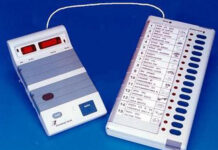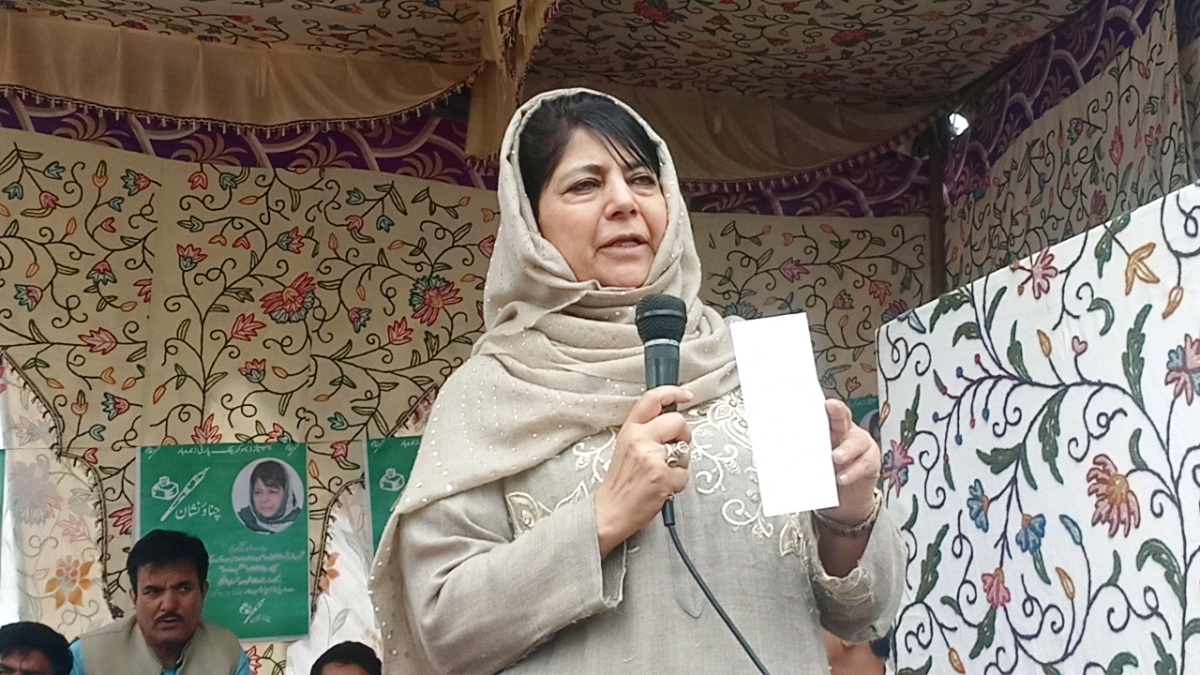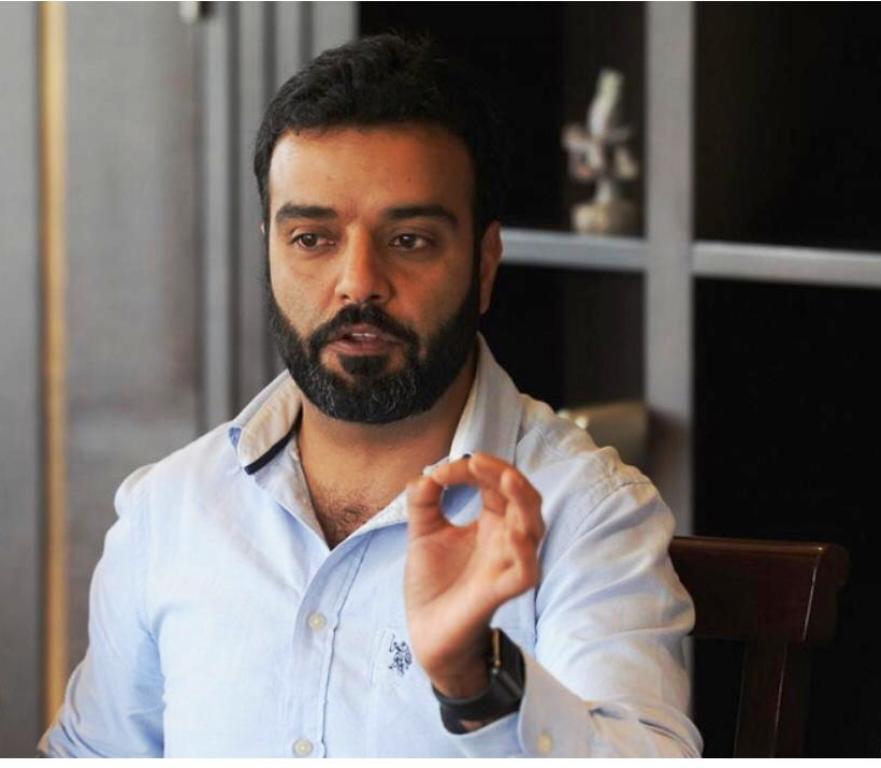by Tasavur Mushtaq
SRINAGAR: More than a year after the special status of Jammu and Kashmir was scrapped by BJP led government in Delhi and reorganization of the erstwhile state into two Union Territories; the first phase of civic polls began amid tight security. The direct elections were held for 43 constituencies, 25 in Kashmir and 18 in Jammu in which there are 296 candidates including 207 men and 89 women.
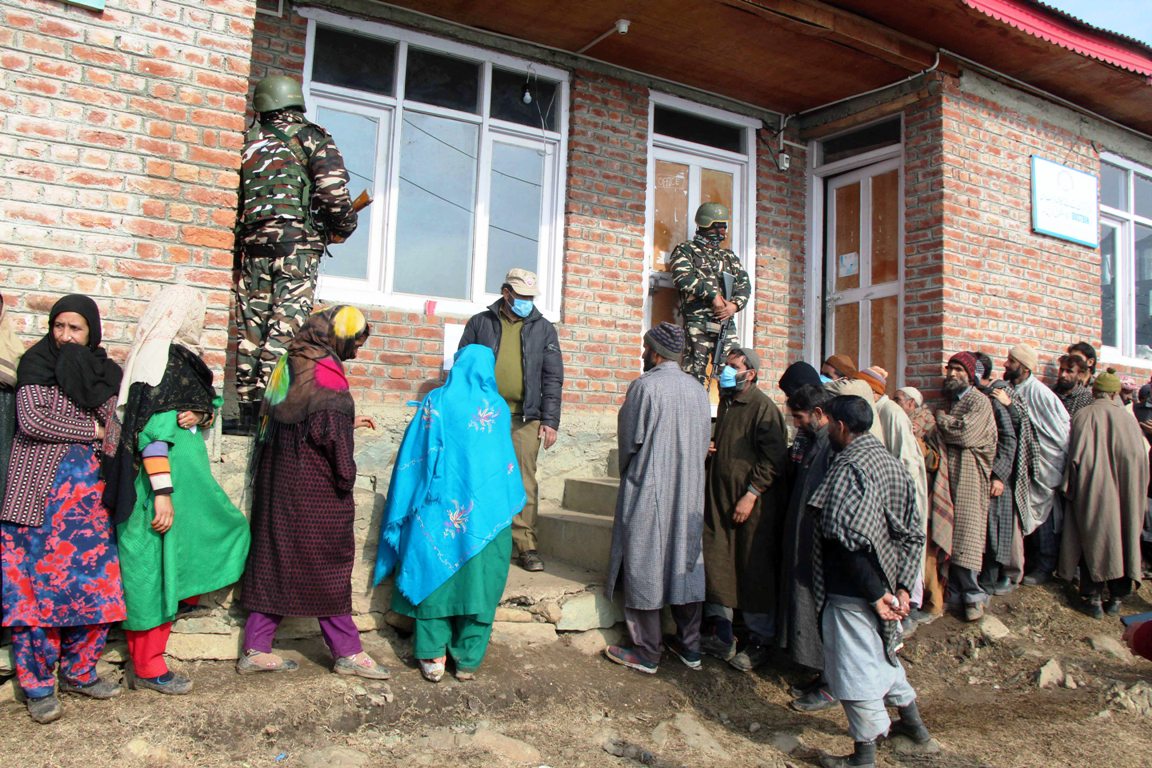
Spread across eight phases until December 19, the elections will witness voting for six hours from 7 am to 2 pm and are held using ballot papers. However, the by-election to municipal seats will be conducted through an electronic voting machine. The counting will take place on December 22. The contest majorly is among the People’s Alliance for Gupkar Declaration (PAGD), the BJP, and the newly floated Apni Party led by former minister Altaf Bukhari.
According to the reports, as many as 1427 candidates are in the fray and around 7 million people are eligible to vote and elect their representatives to 280 district council seats in the union territory- 140 each in Jammu and Kashmir divisions. Besides, elections for 12153 vacant panchayat seats and 234 urban local wards are also being held across Jammu and Kashmir.
Held after the government had approved amendments to The Jammu and Kashmir Panchayati Raj Act, 1989, earlier in October, the elections fought on a party basis will lead to the formation of all the three tiers of Panchayati Raj Institutions – Panchayat, Block Development Council (BDC) and DDC. The DDCs will be elected for a five-year term. This will mark the implementation of the entire 73rd constitutional amendment in the J&K UT.
With no legislative powers, the first major electoral exercise post-August 5, 2019 is aimed at ensuring the economic development of the erstwhile state. It is said that DDCs are expected to prepare and approve district plans and capital expenditures, and will replace the District Planning and Development Boards in all districts across the region. The district development boards in the erstwhile state were led by cabinet ministers of the time, but under the new arrangement, the DDCs will be headed by a chairman from an elected representative.
To ensure there is no disruption, multilayered security arrangements were put in place and the union home ministry deployed 50 additional battalions of paramilitary CRPF on the ground. Police laid spools of concertina wire on the roads and barricaded them with steel barriers across 2,146 polling booths in the areas that voted in the first phase.
Newly appointed Election Commissioner KK Sharma said the authorities had put in place the necessary Covid-19 protocols to ensure the health safety of the electors. He further said the SEC has deployed additional 165 Central Armed Police Forces (CAPF) companies “to ensure peaceful law and order situation, area domination, the security of candidates and polling booths for incident-free polls in Kashmir” for “the biggest festival of democracy.”
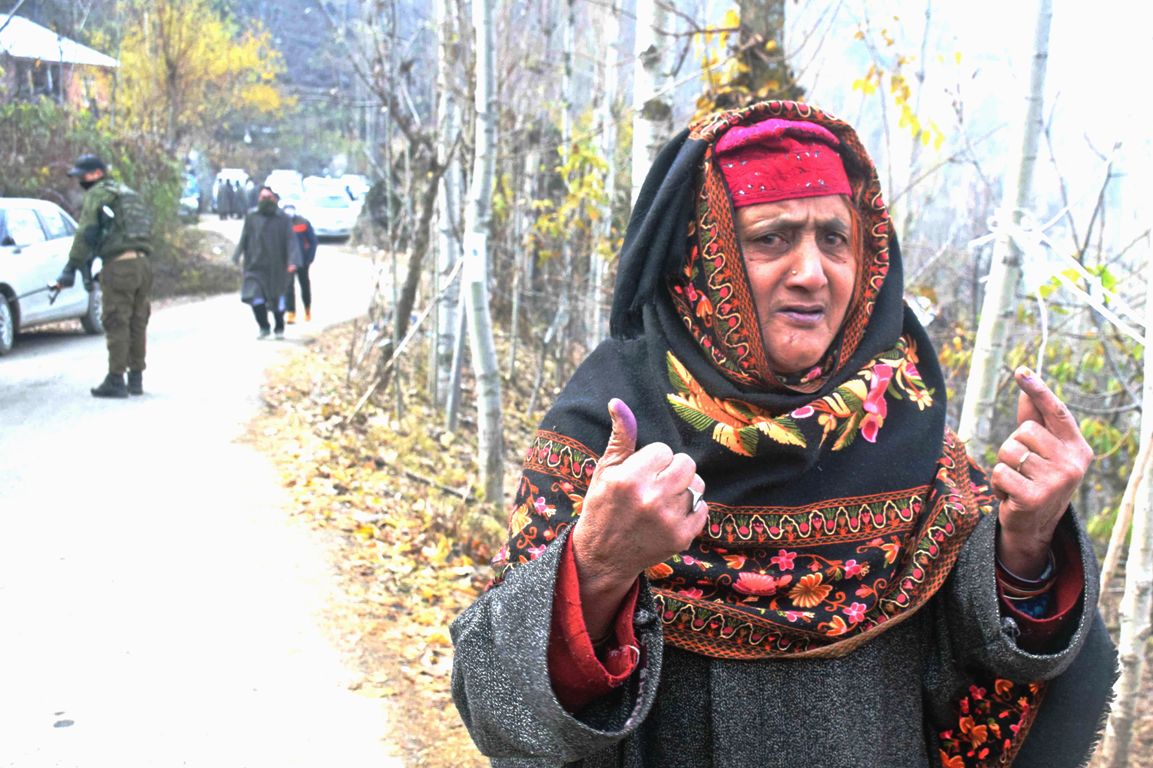
There were various contestants who were elected unopposed. Sharma told on Friday that 804 sarpanches and panches were elected unopposed- 768 panches and 36 sarpanches. Across Kashmir, as many as 11,500 panch seats and 890 sarpanch berths are vacant in Kashmir. In Jammu, the number is 185 panch and 124 sarpanch berths.
While talking about the number, Sharma said as many as “7 lakh voters shall use their right to vote in phase I of polling tomorrow. Out of 7 lakh voters, more than 3.72 lakh are from the Kashmir division and 3.28 lakh are from the Jammu division.”


